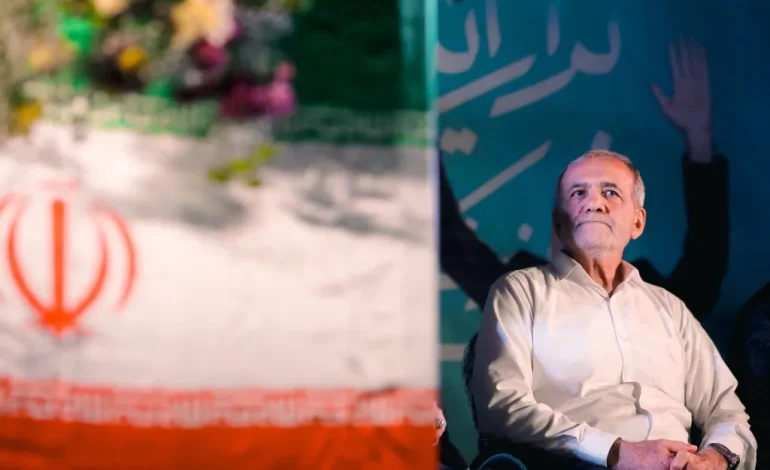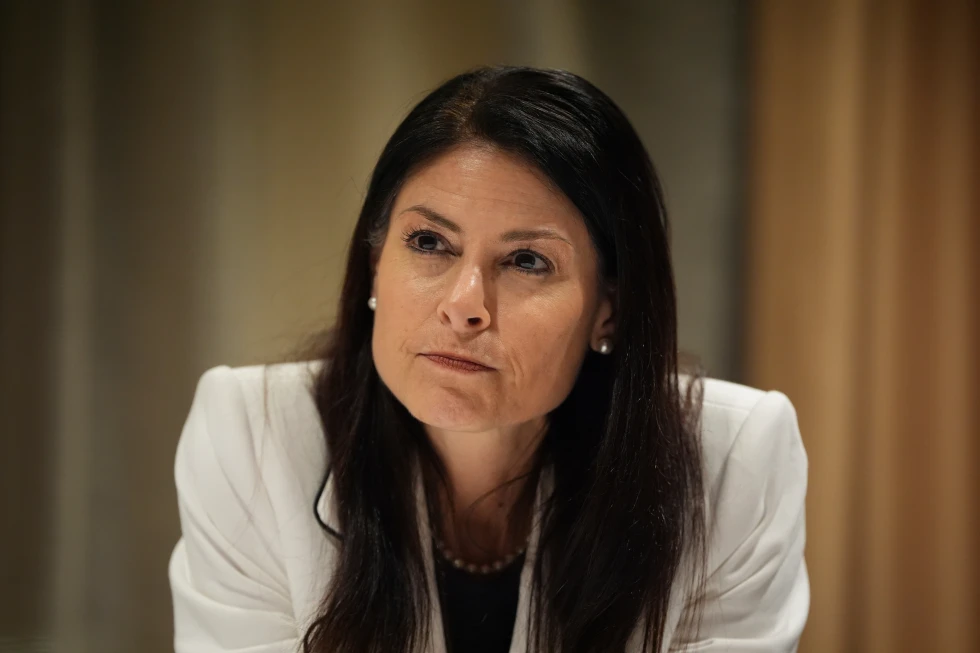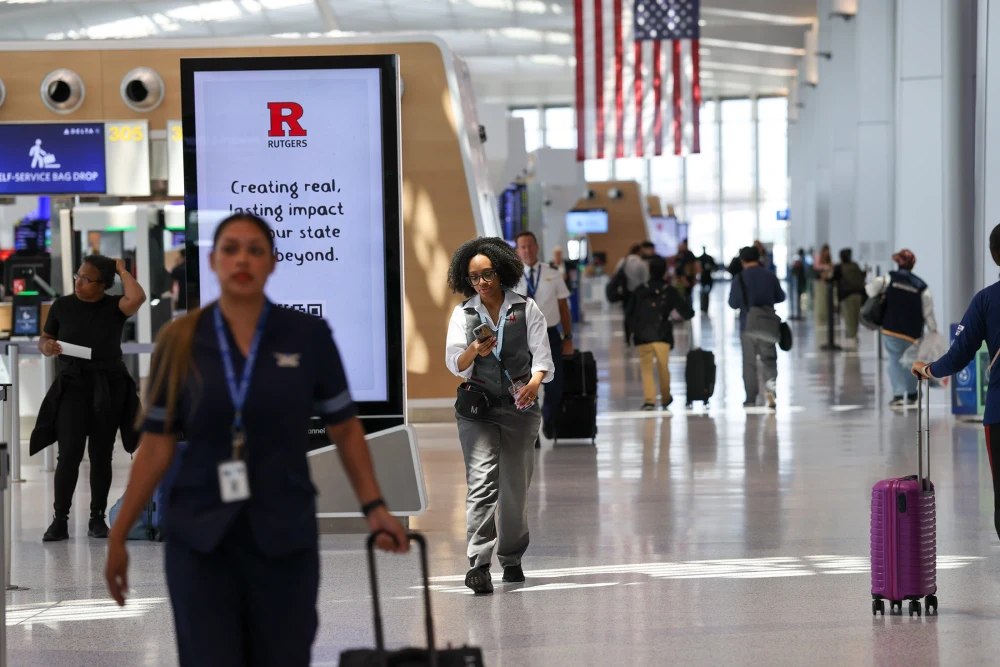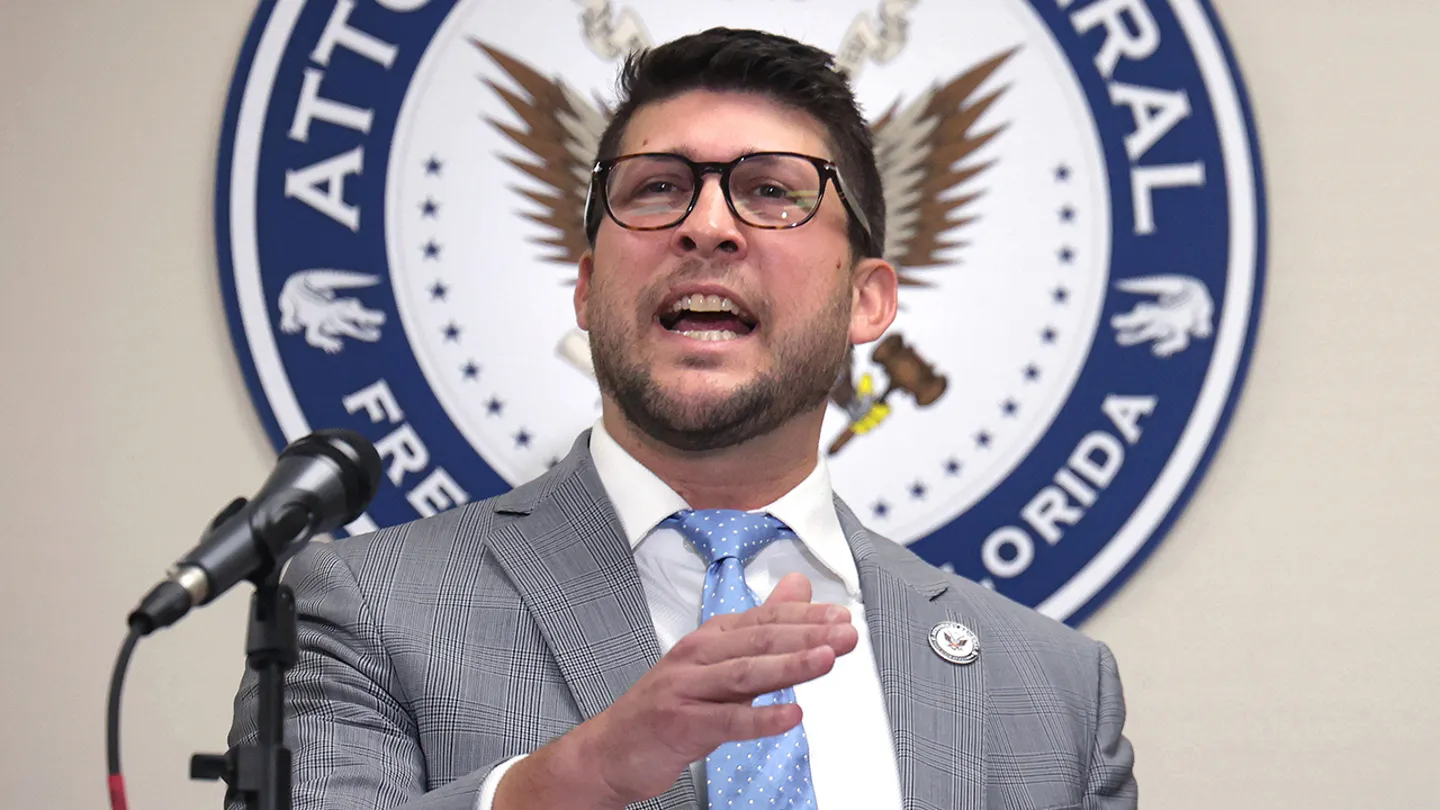Iran Seeks to Revive Nuclear Deal Talks Amid Ongoing Regional Tensions

Iran is set to reignite discussions about its faltering nuclear power agreement with Western nations during a gathering of world leaders in New York later this month, Bloomberg reports.
The Islamic Republic has engaged in preliminary talks with the European Union’s top diplomat, Josep Borrell, regarding the revival of negotiations concerning its contentious nuclear program, according to Iranian Foreign Ministry spokesman Nasser Kanaani.
Iran’s reformist President, Masoud Pezeshkian, is slated to address the United Nations General Assembly for the first time in late September. His appearance comes at a time of heightened tensions, as Iranian-backed groups Hamas and Hezbollah are currently engaged in conflicts with Israel in Gaza and along Lebanon’s southern border, respectively.
Kanaani reported that Iran’s Foreign Minister Abbas Araghchi had a constructive phone conversation with Borrell, emphasizing that the upcoming UN summit presents a “good opportunity” to address the nuclear negotiations. While Kanaani did not specify the date of their discussion, Borrell confirmed that he spoke with Araghchi on August 22.
Efforts to restore the fragile nuclear agreement, formally known as the Joint Comprehensive Plan of Action (JCPOA), have been stalled for over two years. The deal, initially reached in 2015 between Iran and six world powers—including the United States and European Union—began to unravel during the tenure of former Iranian President Ebrahim Raisi, who was known for his hard-line stance.
The JCPOA was a product of extensive negotiations under former US President Barack Obama. However, it was abandoned three years later by his successor, Donald Trump, who also instituted a rigorous sanctions regime against Tehran. The sanctions, which have persisted under President Joe Biden, include a global ban on Iranian oil imports.
In retaliation to these economic restrictions, Iran hasincreased its production of highly enriched uranium, a key material that can be used to develop nuclear warheads, further complicating the prospects for future negotiations.








